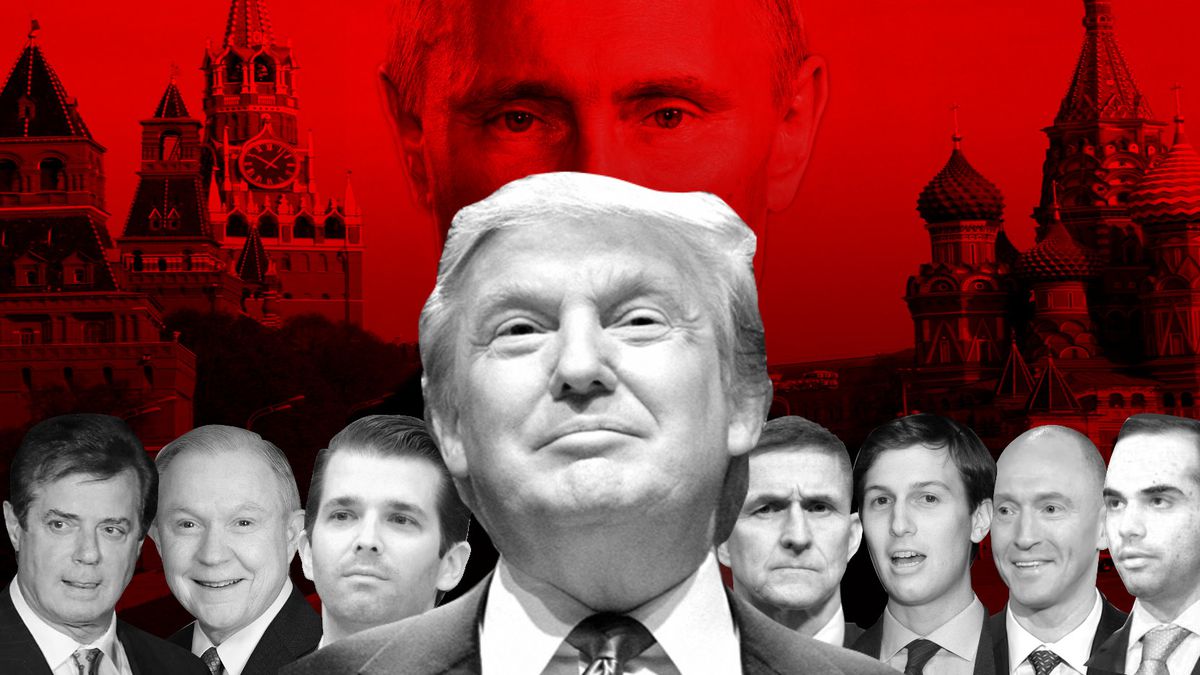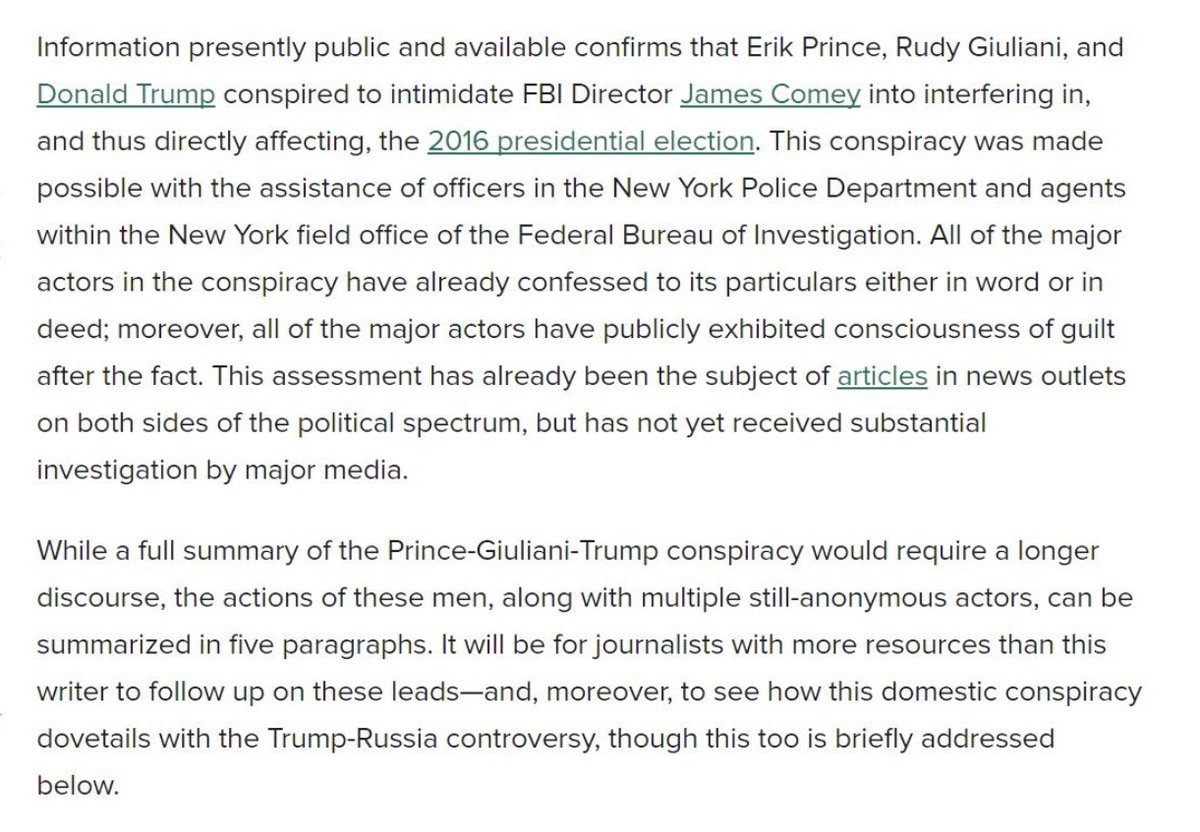
Professional writers: adept at distilling complex information into digestible form.
Criminal investigators: adept with investigative tactics, strategies, and protocols.
Public defenders: adept at seeing how justice is meted out to the poor.
Experimental creative writer: adept at deconstructing and reconstructing systems.
Twitter is a constrained-writing platform that I have tried to re-imagine so that it achieves full utility during this national crisis. Threading was a part of that ambition.



